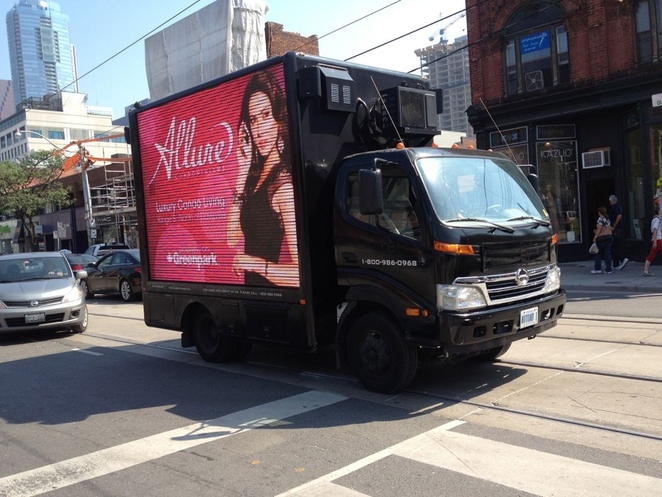The idea of the paperless office first came about in the 1970s when the futuristic vision of work environments which did away with the clutter of paper filing was first conceived. Forty years later, though many offices have strived to reduce paper usage very few have managed to oust the material entirely, but this isn’t necessarily bad news. We often think that a paperless office will inherently be better for the environment than a traditional office, but this isn’t the case at all. Here are five reasons why:
1. The Jevons’ Paradox

Source: http://www.treehugger.com/energy-efficiency/how-greater-efficiency-leads-greater-waste-or-how-jevons-paradox-clogs-roads.html
Here’s a nice example of the Jevons’ Paradox which states that as things get more efficient so we actually use them more, counteracting any environmental benefit. Decorative LED lights on architecturally iconic buildings are often cited as a good example of Jevons’ paradox – architects will cite the energy efficiency of the lights, but of course, they weren’t going to stick a pattern of incandescent bulbs up there before LEDs came along.
The above is an LED advert for some condos in Toronto. If LED technology weren’t available the car wouldn’t be consuming the energy needed to power the sign and it wouldn’t be careering around the streets of Toronto glugging fuel and emitted greenhouse gasses.
Apply this to the paperless office – as we become more efficient through using technology, so we end up using more, upgrading; increasing efficiency, but also increasing energy use. The cloud is a good example of this. People now bring more devices to work; phones, tablets, laptops as well as their desktop. So instead of spending the energy used to power a desktop computer and manufacture some pads of paper, folders and files they now use several electronic devices which use a considerable amount more energy than alternatives.
2. We haven’t figured out a sustainable way to manufacture more devices
The main worry about moving to a paperless office is that we haven’t figured out how to manufacture devices in an efficient way. Technology takes an unprecedented amount of energy to manufacture. It takes almost the same amount of energy to make a handful of microchips as it does a car and the average computer typically consists of 18 to 36 microchips. You need 2 kg of fuel for every 1 kg of product for most manufactured products. For a computer you need 12 kgs of fuel for 1kg of computer.
3. We don’t know how to recycle devices yet
If we opt to use computers exclusively rather than using a hybrid of paper and technology then we’ll inevitably get through the devices quicker. Point 2 makes a compelling argument as to why this is so dangerous, but on top of this we also don’t have many viable recycling practices for the devices we use.
We generate between 20-50 million tonnes of e-waste globally each year. Most of this ends up in landfills or incinerators. That means that toxic substances like lead, cadmium and mercury contaminate land, water and air.
4. Going paperless means we need to store more data; more data centres means more energy used
Inevitably, if we’re moving information from paper to digital we’ll be storing more data on servers in data centres, so data centres will expand. Though there are innovators working towards more sustainable solutions for data centres, Iceotope being a notable one (they’re created a unique cooling system) in general data centres use an astonishing amount of energy; one data centre can use enough electricity to power 180,000 homes.
5. Because paper is sustainable
The pulp and paper industry is one of the smallest greenhouse gas emitters on the planet. It emits just 1.1% of global greenhouse emissions and paper is one of the few materials that can be recycled in its entirety.
In 2012 the European recycling rates for paper reached 72%. Two tonnes of paper are recycled every second in Europe. E-waste on the other hand is not easy to recycle and we’re struggling to deal with the massive amount of e-waste being created.
